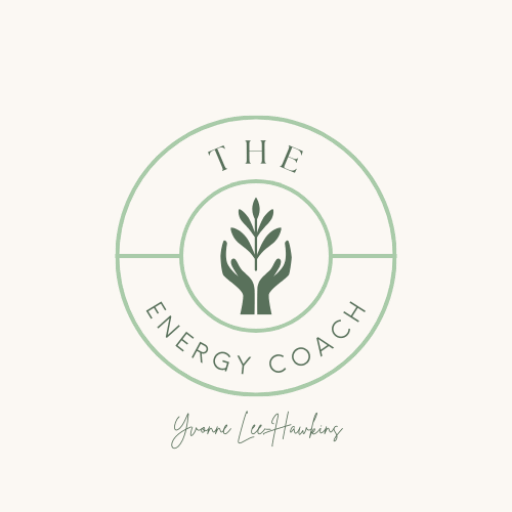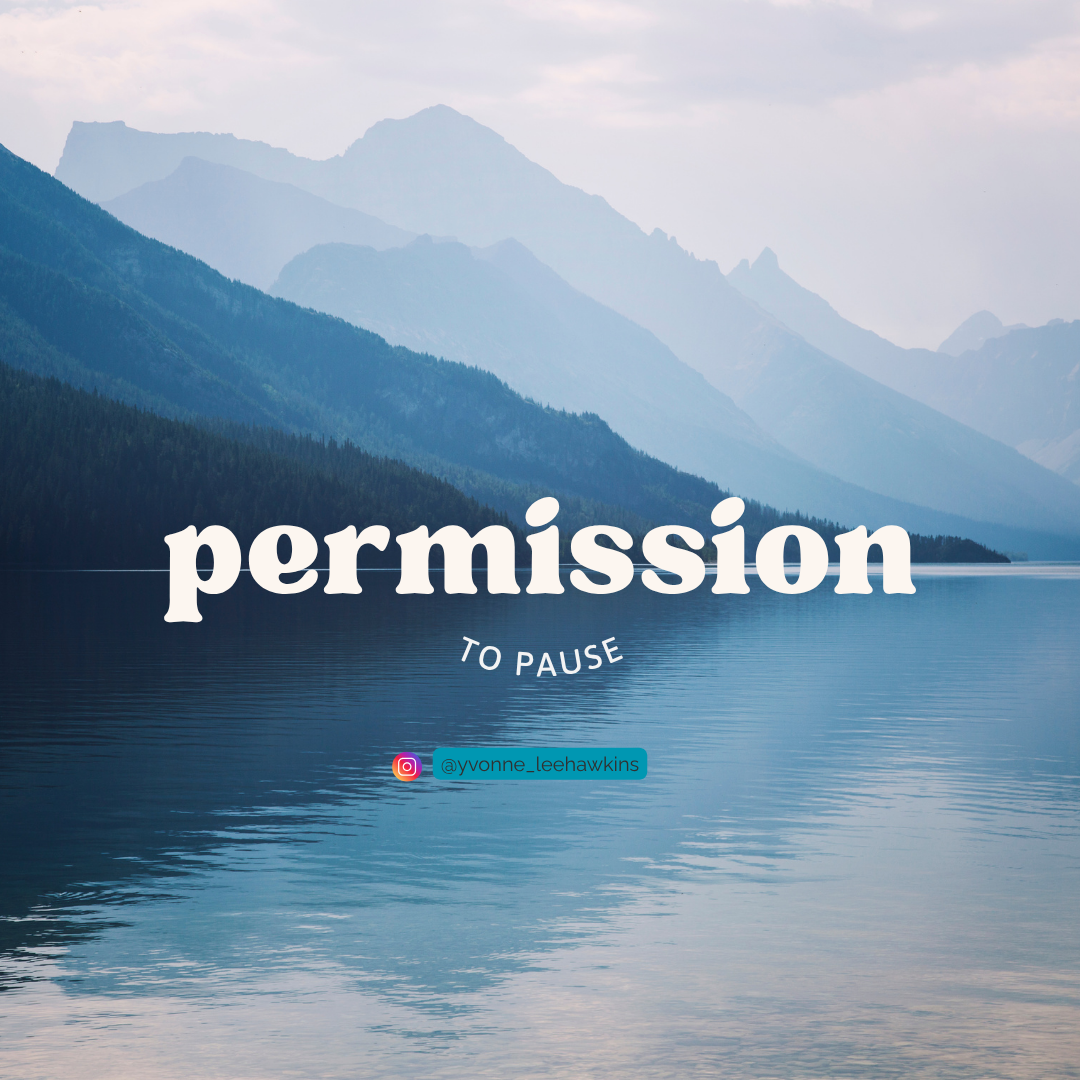The Power of the Pause: Why Stepping Back Might Be the Most Productive Thing You Can Do
When life feels hard and work drains you, relationships feel strained, and your body aches with exhaustion—your first instinct might be to push through. To hustle harder. To keep moving because stopping feels like failure.
But what if the most powerful thing you could do in that moment isn’t to speed up, but to pause?
In a world that glorifies productivity and celebrates doing more, pausing can feel like rebellion. Yet it’s often in that quiet moment, between the inhale and the exhale, the action and the reaction, that clarity returns. That our nervous system resets. That we remember who we are and what matters.
Why the Pause Matters
We don’t always need more grit—we need more grace. Especially when we’re burnt out.
Now that will sound controversial if, similar to me, you are inspired by people like David Goggins and Jocko Willink who are all about being ultimate badasses. But let’s get real, most of us aren’t “taking souls” (a popular motto from David) on a regular basis. We are simply living lives at a tech-enabled speed that our nervous systems haven’t evolved for. It’s leaving us in burnout because we haven’t learned to listen to our physical cues, screaming at us to slow down.
Burnout doesn’t arrive all at once. It creeps in slowly, disguised as busyness and also as ambition. You miss a meal here to attend that late meeting. You skip a workout there to prepare for an early presentation. You sleep less because you desperately want to connect with your partner. You start resenting the things you once loved because they feel like more obligations rather than things you choose. Eventually, everything feels hard—not because you’re weak, but because you’ve reached your limit.
This is where the pause becomes a lifeline.
In life, a pause gives you space to ask: Is this the life I actually want? Instead of running on autopilot, you can begin to make conscious choices.
In work, a pause allows you to zoom out, assess priorities, and notice whether your ladder is leaned against the right wall. Without it, you risk climbing toward a definition of success that isn’t even yours. Getting that leadership position in the wrong organization will do more harm to your ambition, career, and health than you realize.
In burnout, a pause isn’t just helpful, it’s essential. It interrupts the feedback loop of chronic stress and gives your body and brain time to recover, recalibrate, and restore.
The Neuroscience of Slowing Down
When you’re overwhelmed, your sympathetic nervous system, the fight-or-flight response—is in overdrive. Pausing activates your parasympathetic nervous system instead, which supports rest, digestion, and healing. You shift from survival mode to a state where creativity, empathy, and resilience can return.
This isn’t just fluffy self-care. It’s biology.
And it works.
The problem I am seeing, in the clients that I work with, is that simple rest isn’t doing the trick after operating in overdrive for years. Nothing was clearer in my own burnout story.
In summer of 2022 I was counting down the days to our weeklong family vacation in Mexico. The weather was gorgeous, the resort perfect. Ocean beach and poolside bar here we come. The reality was that for the first 3 days, my body couldn’t relax. It was like I was buzzing with left over energy. Finally, by day four (halfway through our stay) I was able to enjoy some time without my mind racing about work I was leaving behind, work I would be coming back to, and all the things not getting done in my absence. When my nervous system was finally fully ready to relax, it was time to pack up and head home and back to the never-ending craziness at my corporate job.
If Everything Feels Hard Right Now, Try This:
Here are five ways to press pause today, even in the middle of a busy life:
- Breathe Differently
Right now, take a slow inhale for four counts, hold for four, exhale for four, hold again for four. That’s called box breathing. Just one minute of this calms your nervous system. Do it three times a day or as many times as needed throughout your day to do a mini reset. - Create Space—Literally
Step away from your desk. Leave your phone behind. Walk around the block. Sit in your car and listen to silence. Movement and stillness in short bursts can offer tremendous relief. - Ask Better Questions
Instead of “What’s wrong with me?” ask, “What is this moment trying to tell me?” Pausing isn’t about quitting, it’s about listening. And what you hear in the quiet might just be your next breakthrough. - Cancel Something
Say no. Reschedule. Delegate. Rest isn’t earned—it’s necessary. If your calendar is crushing you, take one thing off today. Your future self will thank you. - Touch Nature
Go outside and feel the sun on your skin. Take your shoes off and stand in the grass. Nature is one of the fastest ways to re-regulate your overwhelmed system. Even 5 minutes makes a difference.
The Bottom Line: The Pause Is Not the End—It’s an Opening
Sometimes, the most radical act of leadership is not charging ahead, it’s slowing down. It’s choosing to be present, to feel, to rest. And in doing so, you come back stronger, clearer, and more aligned.
So, if everything feels hard right now, try stepping back. Let go of the pressure to figure it all out today. The pause doesn’t mean you’re falling behind.
It means you’re finally catching up—to yourself.
Try This Today:
Set a 10-minute timer. Put your phone on airplane mode. Sit in stillness or journal this prompt: “What would my inner wisdom tell me if I stopped long enough to listen?”
You might be surprised by the wisdom waiting for you in the pause.
I’ll tell you what mine told me. I was working on the wrong things. While I was at a company I loved and had joined a team I adored, changes in the organization no longer aligned with my values; my body was screaming at me to make a change. I’m glad I eventually listened. But it took longer than I like to admit. However long it takes you, know that you are not alone. If everything feels hard, it’s not you. It’s a sign that something needs to change.
***
Did this topic add value to you? Please like and subscribe if you want more topics like this, or DM me. I always love suggestions and feedback!
And if you are too burned out and overwhelmed to even begin to use any of these strategies it might be time to get some help. Find a coach, therapist, or doctor who can help you reverse out of the physical, mental, and emotional symptoms of burnout so you can get back to living in life you love.
Remember, Self-care isn’t selfish…it’s required!
Yvonne Lee-Hawkins, IPHM, is a holistic Leadership and Wellness coach, stress strategist, and writer, who spent 20 years in corporate and leadership functions while also being a wife and mom of three amazing kids. You can find out more on her website, or follow her on Instagram, LinkedIn, or Medium. If you want some help beating burnout and all that comes with it, schedule a call here.
Lastly, sharing is caring. If you know someone who would benefit from this article, please forward it to them!

